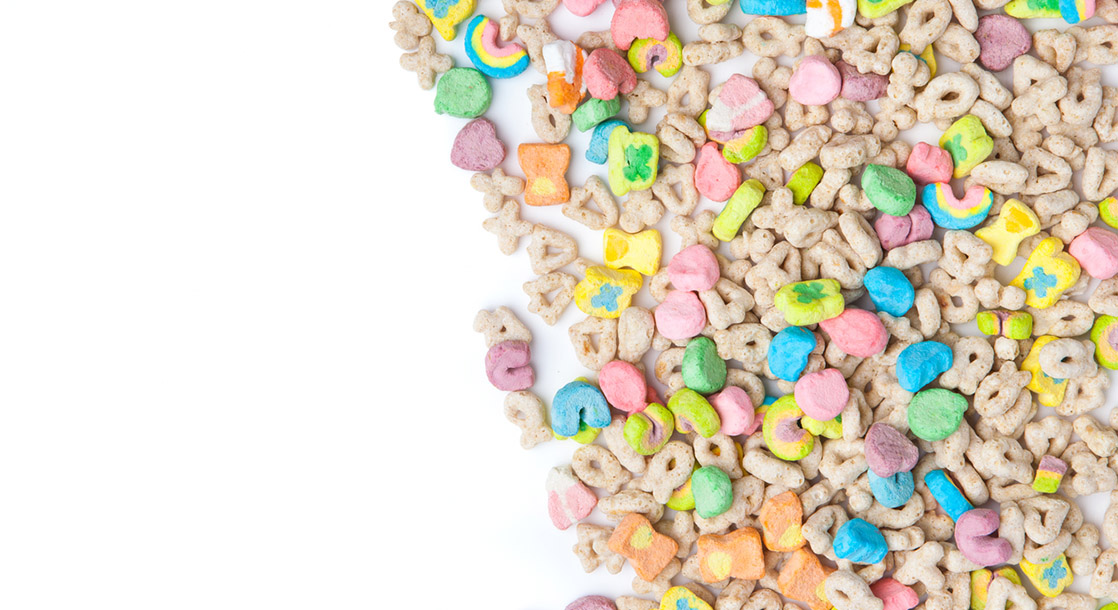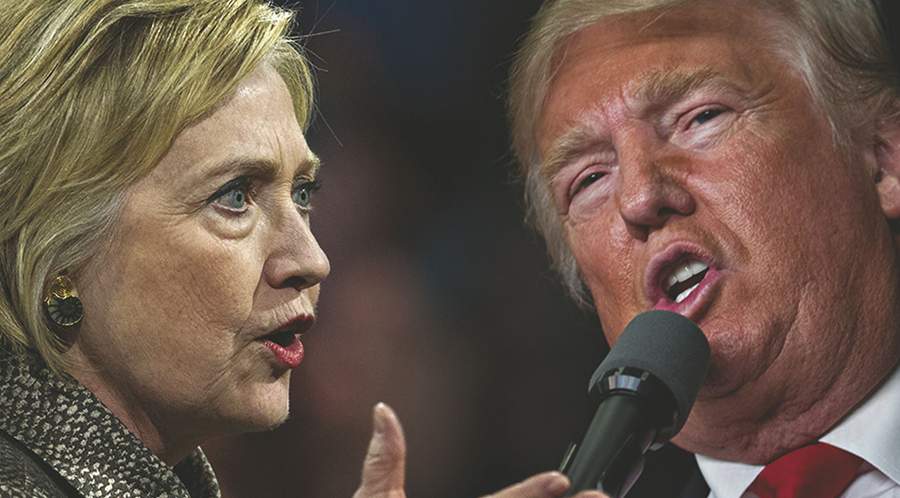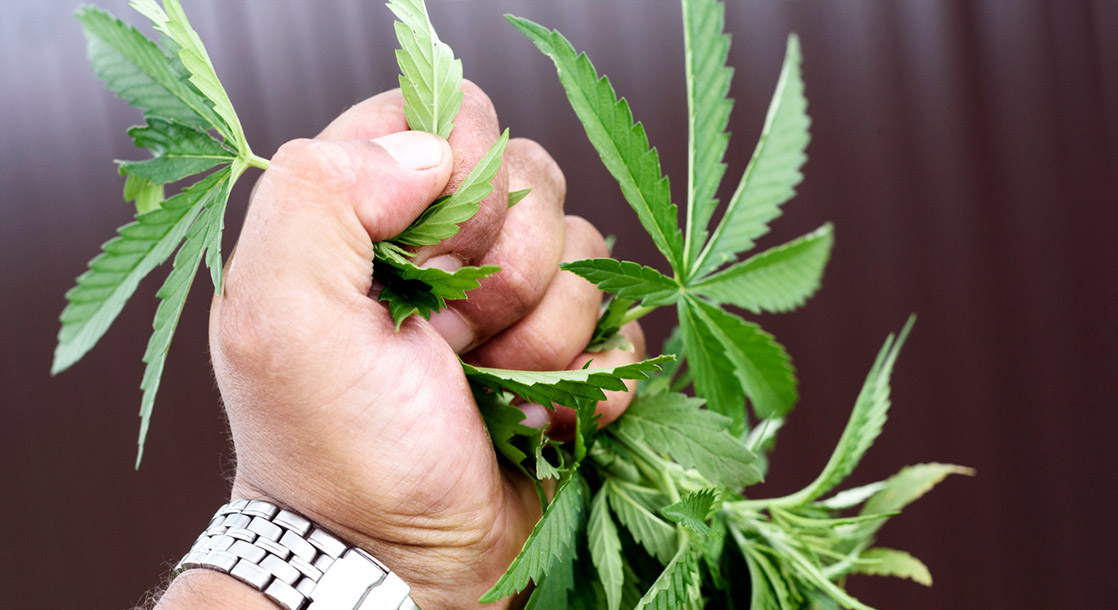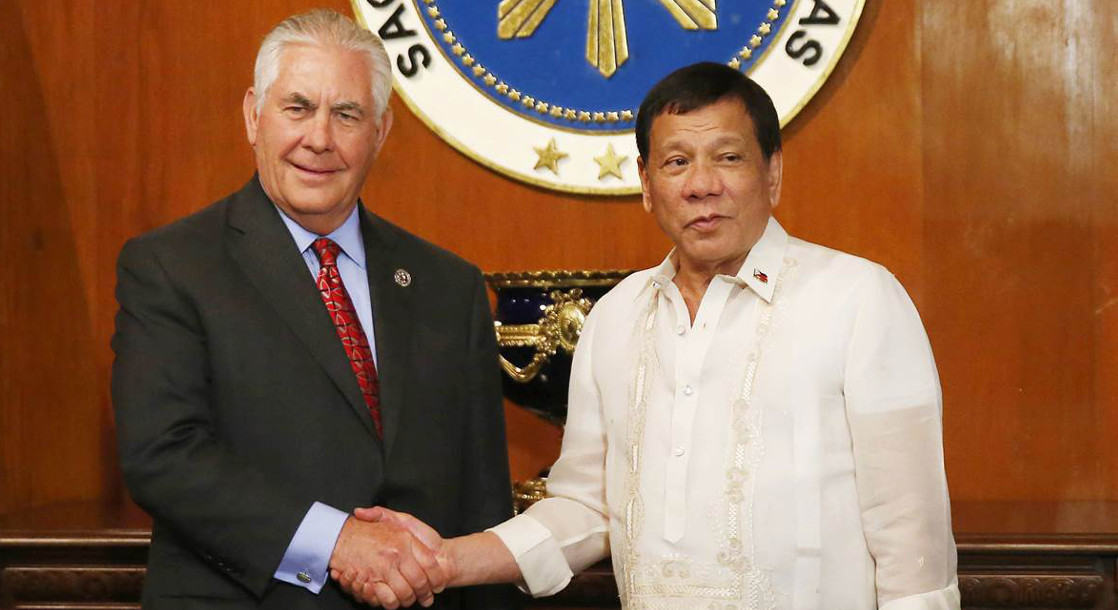Cover image via
A Virginia state senator has reportedly been selling fake, unregulated THC products at her hemp store, two whole years before adult-use sales are slated to begin.
Virginians for Safe Cannabis, an advocacy group composed of legal medical marijuana stakeholders and members of Virginia NORML, recently collected 66 cannabis products from hemp stores in the northern part of the state. Michelle Peace, a forensic science professor at Virginia Commonwealth University, analyzed these products in her lab and presented the findings to state lawmakers at a hearing last week.
Out of all 66 products, only one was accurately labeled. Most of these items claimed to contain delta-8-THC, a psychoactive cannabinoid derived from legal hemp. This compound is (questionably) legal under federal law, but many states have chosen to ban products containing delta-8 and related cannabinoids over the past year.
Four of these products contained more delta-8-THC than was advertised on the package, and 19 had less than was advertised. Another 25 products contained more than 0.3 percent delta-9-THC, which is illegal under federal and state hemp laws. And 22 of the products actually did not contain noticeable levels of any cannabinoid in them at all.
“What concerns me is that people don’t know what they’re taking,” said Peace to The Virginia Mercury. “The products are not quality tested but consumers are trusting they are made in a sanitary environment and that the label is accurate.”
The most questionable products out of the whole batch came from the Cannabis Outlet, a hemp store owned by Sen. Louise Lucas (D), president pro tempore of the state Senate. Advocates reportedly purchased an infused Lucky Charms cereal bar at Lucas’s shop that purportedly contained 600mg of THC. The packaging was designed to look like a legal California adult-use edible and includes that state’s standard THC logo and government warnings.
Peace’s lab test revealed that the Lucky Charms bar did contain delta-9-THC, but only about 8 mg worth – far less than advertised. Regardless, it remains illegal to sell products containing even this tiny amount of delta-9 in Virginia, since legal adult-use sales are not set to begin until 2024.
Advocates also found a vape pen in Lucas’s store that contained 359 mg of delta-8-THC and 139 mg of delta-9, a powerful (and illegal) combination. In a brief interview, Lucas said that she only intended to sell legal hemp and CBD at her store, and was completely surprised that these illegal products were discovered there.
Mislabeled hemp products are not unique to Lucas’s store, or even to Virginia in general. Independent tests in a variety of states have found that nearly half of all top-selling CBD products actually contained illegal levels of delta-9-THC. And to make matters worse, other tests discovered high concentrations of heavy metals and pesticides in the majority of CBD products.
As is typical for all things cannabis, the federal government is largely responsible for these problems. The feds legalized hemp and hemp-derived cannabinoids back in 2018, but the Food and Drug Administration still hasn’t gotten around to drafting regulations for these products. Without any rules to guide the industry, hemp producers are free to skimp out on testing their wares, and some even go so far as to include falsified test results on their packaging.
The average hemp store does not have the capacity to lab-test every single item that hits their shelves, so small business owners are forced to rely on companies’ own promises of quality. This uncertainty leaves business owners open to being prosecuted for selling hemp products that violate the law. In Wisconsin, for example, a man is facing 50 years in jail for selling CBD products that purported to be legal, but in fact contained as much as 40 percent THC.











